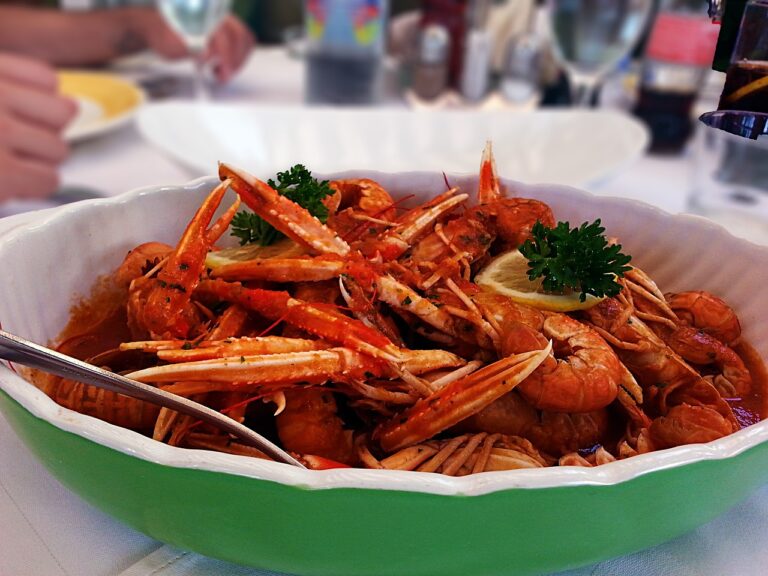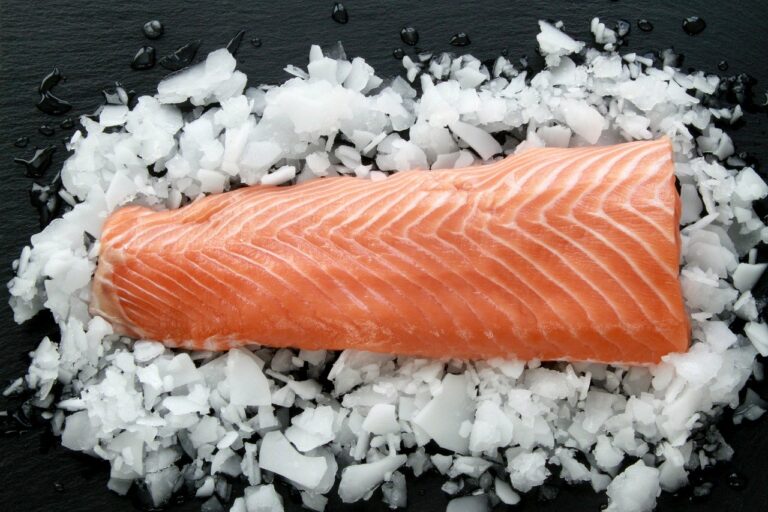Exploring the Benefits of Chia Seeds in Pet Food for Omega-3 Fatty Acids: 11xplay online, Gold365 com, Skyfyer
11xplay online, gold365 com, skyfyer: Chia seeds have gained popularity in recent years for their numerous health benefits for humans, but did you know that they can also provide significant benefits for our furry friends? In particular, chia seeds are a great source of omega-3 fatty acids, which play a crucial role in your pet’s overall health and well-being.
What are Omega-3 Fatty Acids?
Omega-3 fatty acids are a type of polyunsaturated fat that is essential for maintaining good health in both humans and animals. These fatty acids are considered essential because the body cannot produce them on its own, so they must be obtained through diet.
There are three main types of omega-3 fatty acids: alpha-linolenic acid (ALA), eicosapentaenoic acid (EPA), and docosahexaenoic acid (DHA). ALA is found in plant sources like chia seeds, while EPA and DHA are found in marine sources like fish oil.
The Benefits of Omega-3 Fatty Acids for Pets
Omega-3 fatty acids play a crucial role in your pet’s health in a variety of ways. Some of the key benefits include:
1. Improved Skin and Coat Health: Omega-3 fatty acids help to reduce inflammation in the skin, leading to a healthier, shinier coat and decreased itching and scratching.
2. Joint Health: Omega-3 fatty acids have been shown to have a positive effect on joint health, reducing inflammation and improving mobility in pets with arthritis or other joint issues.
3. Heart Health: Omega-3 fatty acids can help to lower cholesterol levels and reduce the risk of heart disease in pets.
4. Brain Health: DHA, in particular, is important for brain development and function in pets, helping to improve cognitive function and behavior.
5. Immune System Support: Omega-3 fatty acids have been shown to have immune-boosting properties, helping to keep your pet healthy and ward off illness.
Including Chia Seeds in Your Pet’s Diet
Chia seeds are an excellent source of ALA omega-3 fatty acids, making them a great addition to your pet’s diet. You can sprinkle whole or ground chia seeds on top of your pet’s food or mix them into homemade treats. Just be sure to start with small amounts to avoid digestive upset, and always consult with your veterinarian before making any changes to your pet’s diet.
It’s important to note that while chia seeds are a good source of ALA omega-3 fatty acids, they do not contain EPA and DHA like fish oil does. If your pet has specific health concerns that would benefit from EPA and DHA, consider adding a fish oil supplement to their diet as well.
FAQs
1. Can I give my pet chia seeds every day?
While chia seeds are safe for most pets to consume in moderation, it’s best to consult with your veterinarian before adding them to your pet’s daily diet. Some pets may have difficulty digesting chia seeds, so it’s important to start with small amounts and monitor for any signs of digestive upset.
2. How much chia seed should I give my pet?
The amount of chia seeds you can give your pet will depend on their size and individual health needs. As a general guideline, start with a small amount – around 1/4 to 1/2 teaspoon for small pets and 1/2 to 1 teaspoon for larger pets. You can gradually increase the amount as needed, but always consult with your veterinarian to determine the appropriate dosage for your pet.
In conclusion, chia seeds can be a beneficial addition to your pet’s diet, providing a natural source of omega-3 fatty acids to support their overall health and well-being. Just be sure to consult with your veterinarian before making any changes to your pet’s diet to ensure that it is safe and appropriate for their individual needs.







